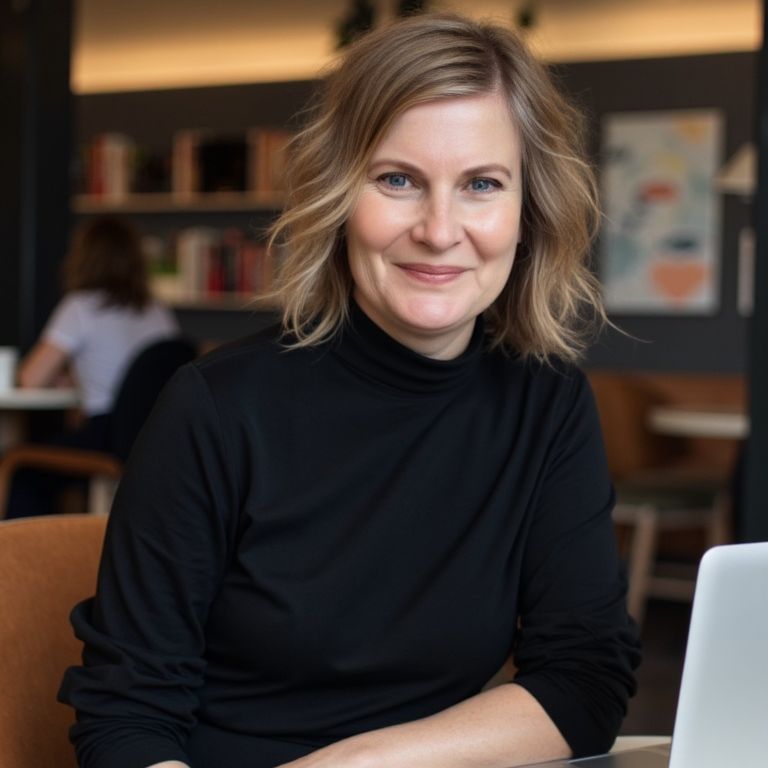Healing the mother wound
Dec 30, 2023
One of the most insidious aspects of the patriarchy is the way it pitches women against one another. Even the women in our matrilineal line.
When we don’t speak about this, we can inadvertently assume that:
- the self-criticism that women direct toward their bodies, and
- the existence of imposter syndrome vis-a-vis one’s ability to achieve great things in the world,
are reflections of a person’s innate self-belief and resilience. Or that the source of that internal criticism is connected exclusively to individualised experiences or the behaviour of specific mothers and what they modelled for their daughters.
To a certain extent, that’s true. Individual behaviours and relationships have a huge influence on the way we make our way through the world.
However, those individual behaviours and relationships don’t function in a bubble.
And so self-criticism and negative self-beliefs amongst women and girls, can’t only be viewed through the lens of the individual. These things must also be understood at the collective level.
When viewed collectively, we see that over a billion girls across the globe — from vastly different cultures and ethnicities — are learning these things from their mothers.
This is not because mothers are born with self-loathing and low self-esteem but because they are born into systems that teach them the same things…
ABOUT THEIR BODIES
Namely, that they are objects to be commented upon, leered at, sexualised, criticised, made accessible to the men who desire them irrespective of a woman’s own desires, and most highly valued when they’re young and not disabled (plus, in many cultures, white and thin).
AND ABOUT WHAT THEY MIGHT HOPE TO ACHIEVE IN THE WORLD
Specifically, that they are entitled to achieve, but not at the expense of men. That they are entitled to earn money, but not at the same rate as men. That they will be more valued if they’re attractive to men. That they will have a voice as long as it’s expressed as a voice of reason and compliance (else it’ll be labelled aggressive, bossy, or shrill).
It takes an incredibly strong, socially and personally aware, individual to break through these societal messages.
In generations past, women functioned in environments where there were fewer career opportunities, greater limitations on their domestic lives, less awareness about how structural inequality works, and fewer personal development tools to free them from a mindset designed to keep them small.
Even when they managed to envisage a bigger life for themselves, the system around them kept them from either getting the job they really wanted, wouldn’t let them open up their own bank account, restricted them from buying property, or insisted that they wear a skirt to the office and remain unmarried if they want to keep their job.
These influences aren’t easily overcome in one lifetime or two.
More importantly, they can’t be overcome by only focusing on the individual or by only focusing on the systemic. We have to do both.
This is because systems are created and maintained by people.
Thus, the mindset of human beings matters when it comes to the kind of systems we end up living within.
Similarly, systems influence people and their thinking about the world and the people in it.
So we find ourselves in a cycle that can only be broken by understanding what’s happening at both an individual level and a systemic one and by breaking them down simultaneously.
A lot of personal development work focuses on healing the mother wound or the sister wound. (The mother wound being the unresolved pain you’re carrying which relates to your relationship with your mother. The sister wound being the unresolved hurt you experience when around other women, due to your past relationships with women.)
Given that so much of this work is coming out of Western cultures dominated by the philosophy of individualism, it’s hardly surprising that it focuses on individual experiences when it comes to understanding such wounds and healing them. That is; you’re invited to think specifically about the relationship you had with your mother or with a friendship group or female colleagues.
And that work is incredibly important and freeing.
If however, we want to break intergenerational chains across society as a whole, we must also look at how patriarchy creates and perpetuates these wounds.
Patriarchy loves nothing more than convincing you that the problem isn’t the system; it’s you. That you need fixing. That you’re not smart or pretty or confident enough. That you failed as a mother and/or that your insecurities are the result of character flaws.
In response to this messaging, industries are created and perpetuate harmful ideals of womanhood. Beauty, fashion and diet being just three of the industries that thrive off this messaging.
By blaming individuals, we end up ignoring the waters in which we’re all swimming. And when we don’t understand the nature of those waters, we inadvertently end up contributing to the toxicity and maintaining it for future generations to inherit.
Matrilineal lines will heal when we stop attributing all the blame to individual women and focus also on seeing and changing systemic messaging so we might permanently alter it.





